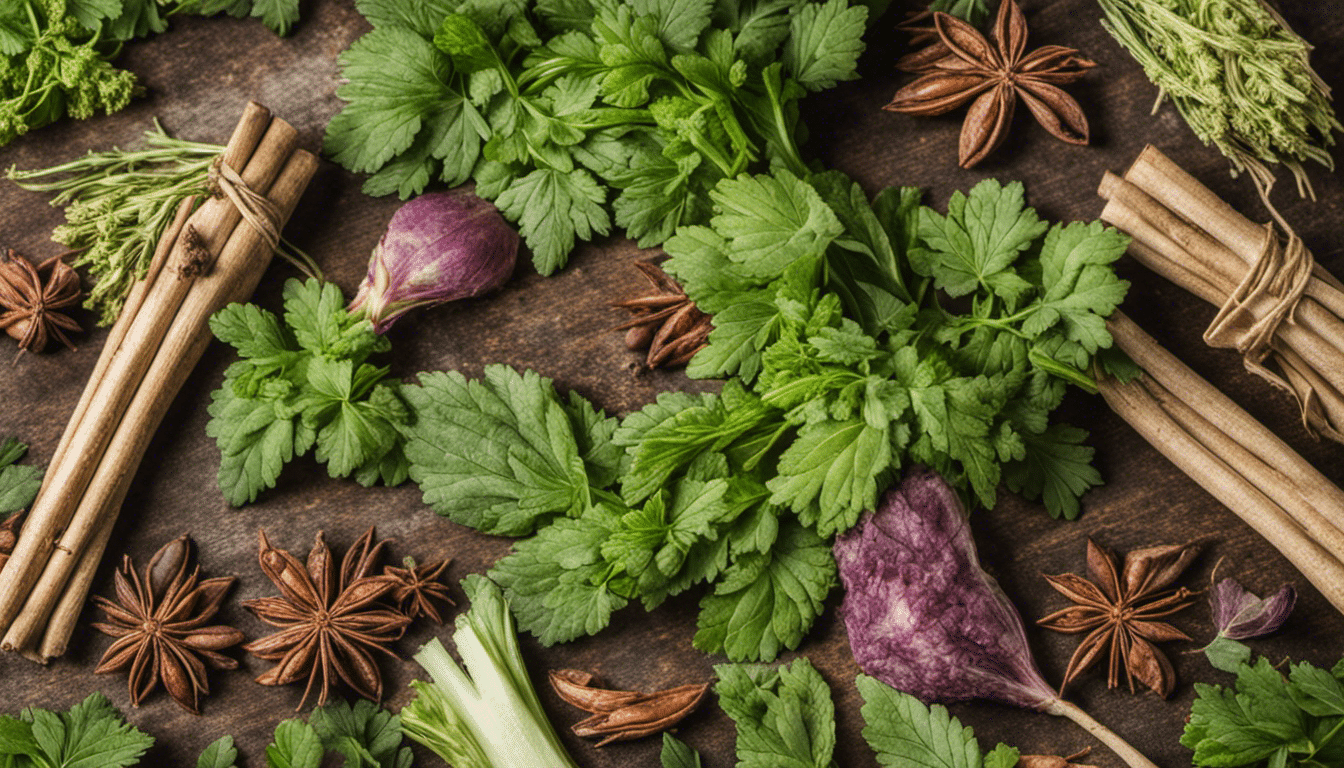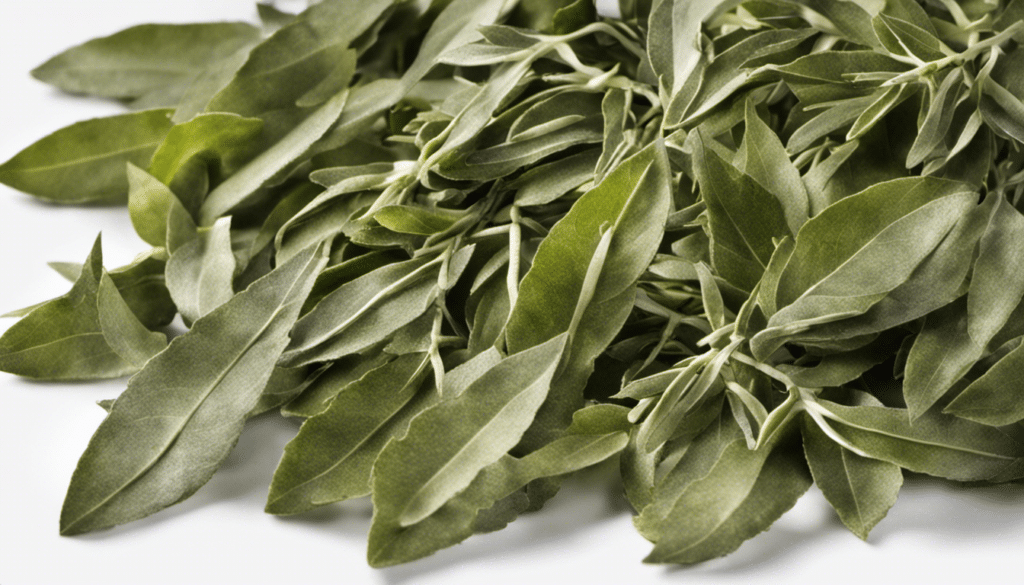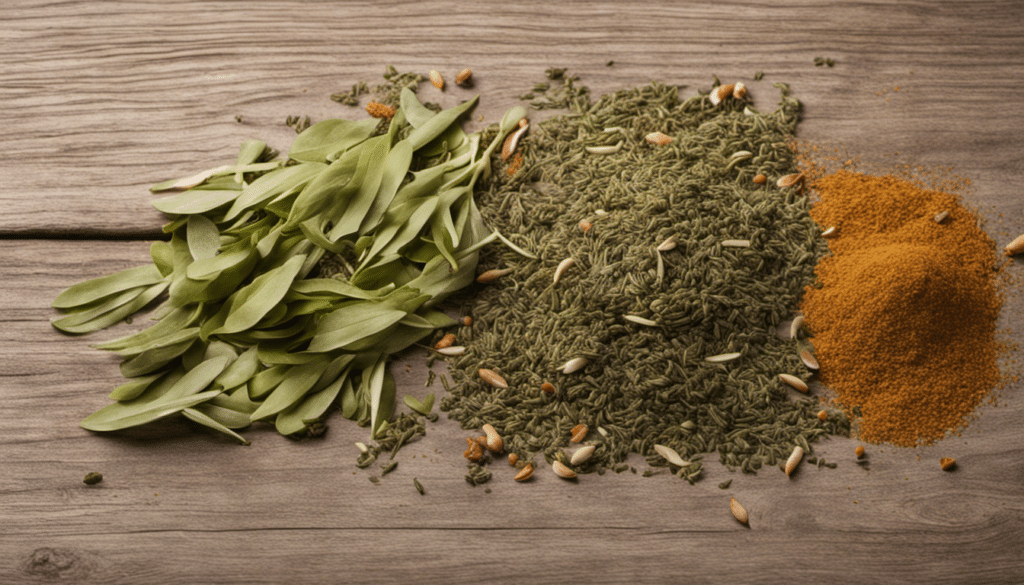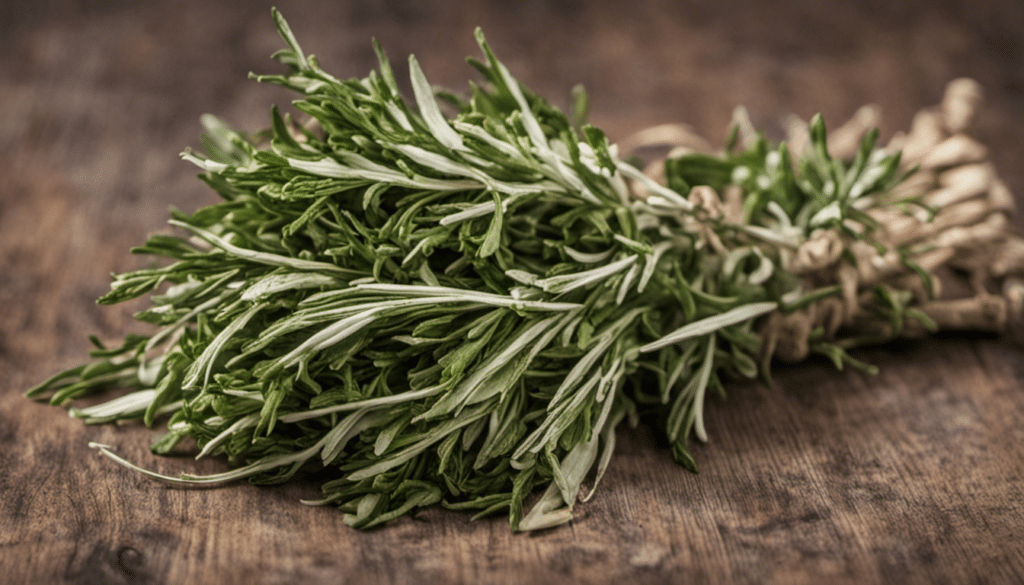Everything You Need to Know About Alexanders
In the world of culinary and medicinal herbs, Alexanders stand among some of the lesser-known, yet significantly remarkable varieties. Known also as Horse Parsley or Smyrnium olusatrum, Alexanders is a plant with a rich history and a diverse range of uses and health benefits.
The History and Origins of Alexanders
Believed to have originated from the Mediterranean region, Alexanders was famed in the ancient world. Thought to be a vegetable of the gods for its medicinal properties, the plant was named in honor of Alexander the Great. Romans, who had a fondness for the plant, are thought to have brought it to Britain where it remains naturalized to date.
Alexanders was considered a culinary staple during the Middle Ages. However, over time, its popularity waned, and it was gradually replaced by celery in many recipes. Nowadays, Alexanders is often found along coastal paths and road verges and is appreciated by modern foragers.
Health Benefits of Alexanders
The powers of Alexanders extend beyond the kitchen. Packed full of nutrients, Alexanders contain high levels of Vitamin C and Vitamin B9 or folic acid. This makes it beneficial in boosting the immune system, preventing anemia, and essential for women during early pregnancy. Moreover, this plant carries a good measure of iron and antioxidants, which contributes to the overall well-being of the body and promotes better cellular health.
In traditional medicine, various parts of the Alexanders plant have been used to aid digestion, soothe toothaches, and relieve arthritic joints. However, these uses have yet to be medically substantiated and should be approached cautiously. Always consult a healthcare professional before starting any new herbal remedies. Learn more about the health benefits from WebMD.
Finding Alexanders in Cuisine
With a flavor similar to a mix of celery and parsley, Alexanders adds a distinctive note to a range of dishes. The whole plant is edible, from the flowers to the stem, leaves, and roots. The plant’s seeds, referred to as ‘black pearls’, are known to be exceptionally flavorful. They can be used as a pepper substitute in recipes, or pickled for use in salads and garnishes.
Alexanders might not be a regular sight in your local grocery store, but modern foragers and adventurous chefs incorporate Alexanders into various recipes. Some examples include Alexanders soup, Alexanders pie, and Alexanders gin! Here’s a great source for Alexanders recipes over at BBC Food.
Concluding Thoughts
Alexanders is a versatile herb that holds an impressive resume in both culinary and health avenues. It’s a plant steeped in history, and one that deserves its place on the modern culinary and medicinal stage. Its unique flavor and potential health benefits make it a fascinating addition to any herbal or culinary exploration.
Alexanders Recipe Ideas
- Alexanders Soup
- Alexanders and Cheddar Cheese Tart
- Roasted Alexanders with sea salt and oil
- Alexanders and Black Garlic Risotto
- Alexanders Pesto Pasta
- Alexanders and Chickpea Curry
- Baked Salmon with Alexanders Sauce
- Alexanders, Spinach and Pine Nuts Pizza
- Fried Alexanders with scrambled egg
- Alexanders Hummus




